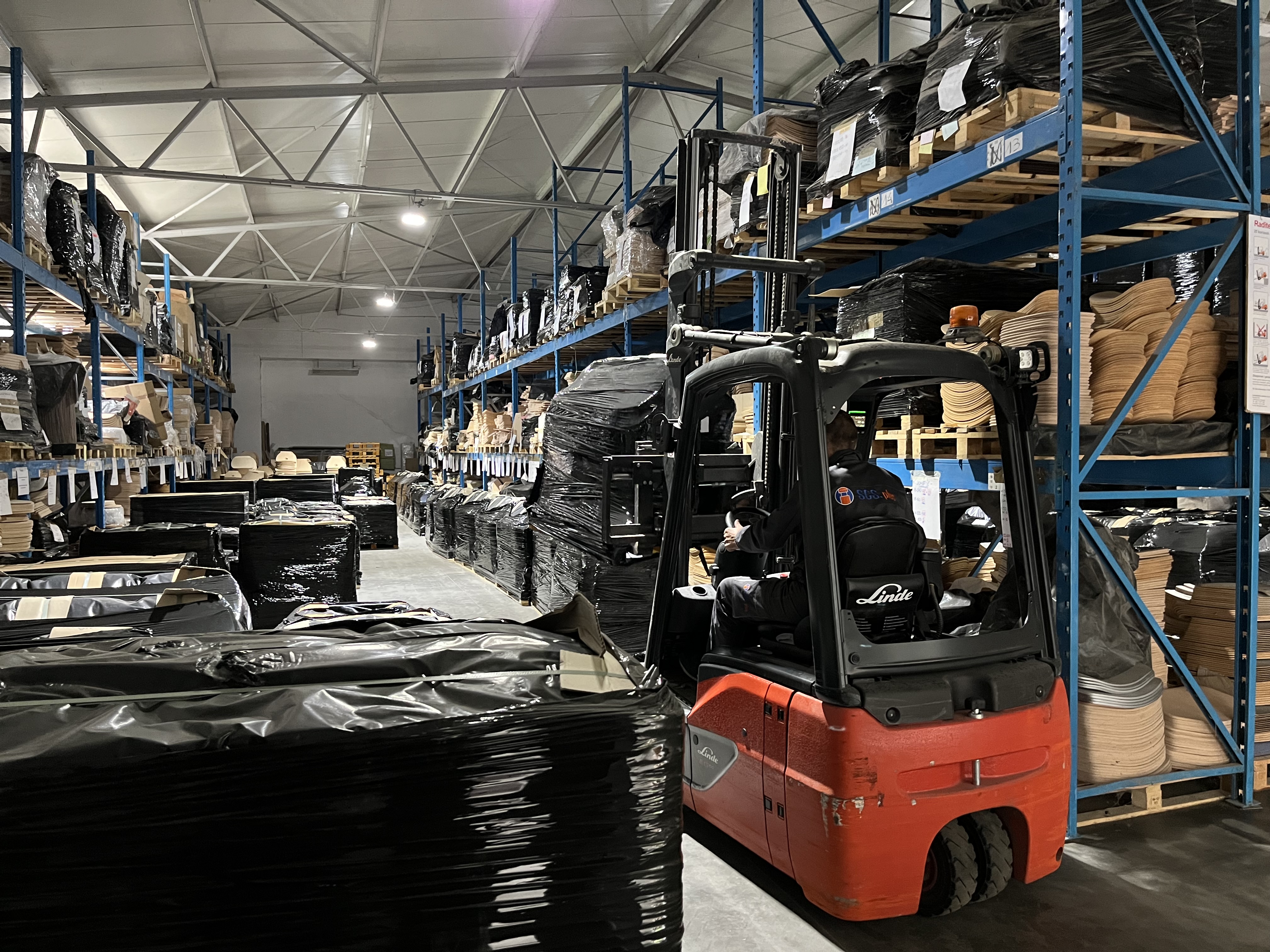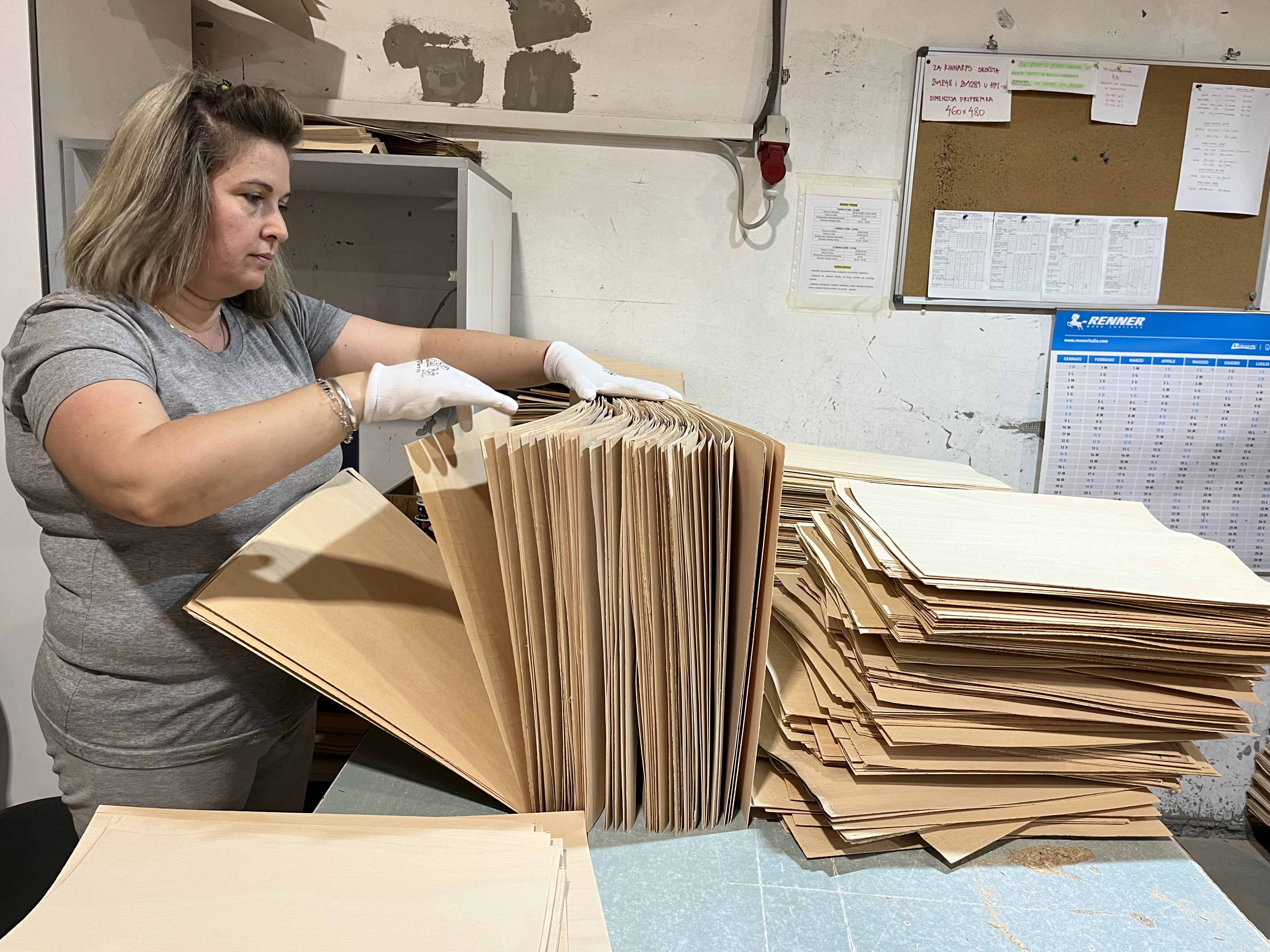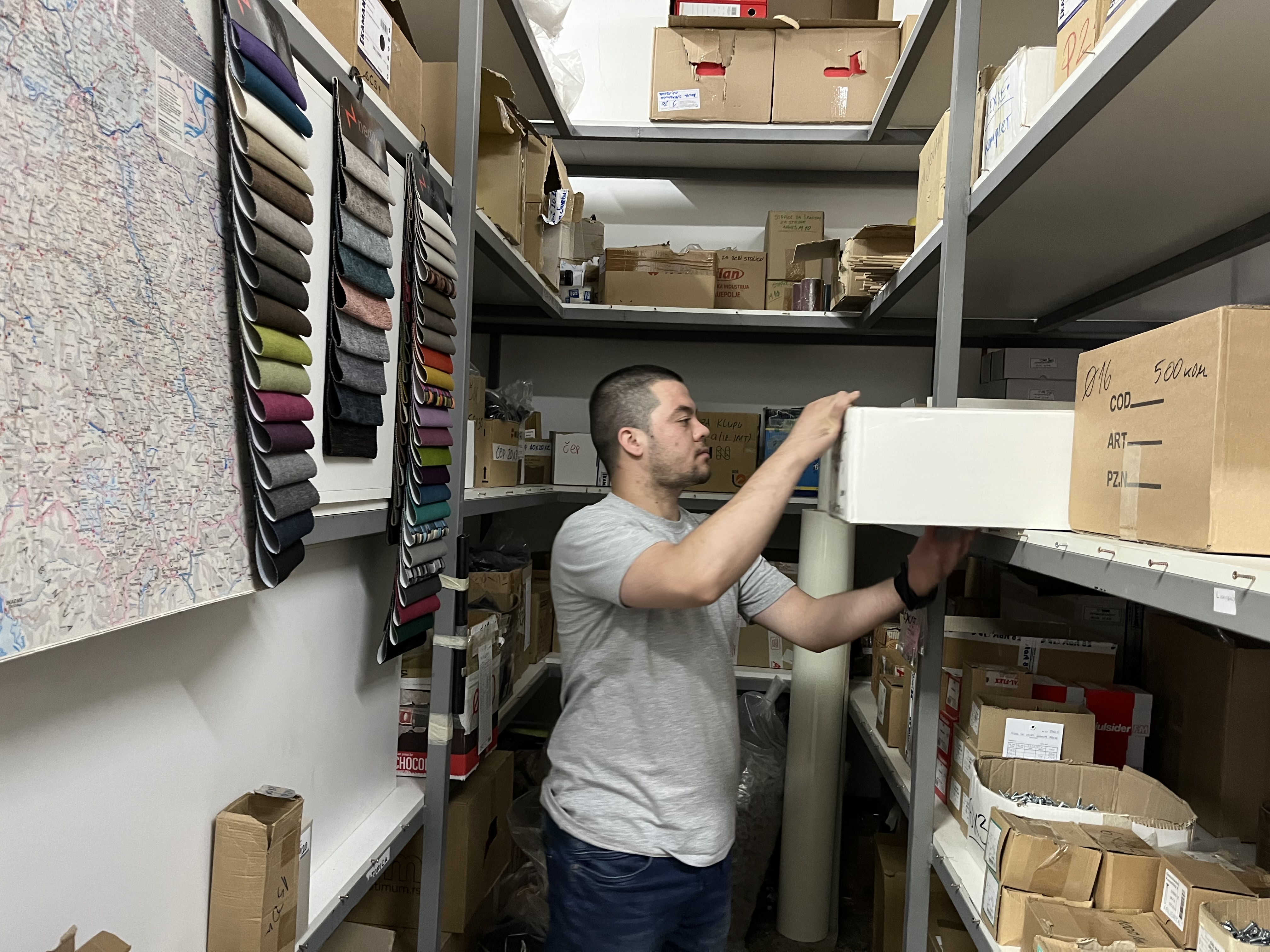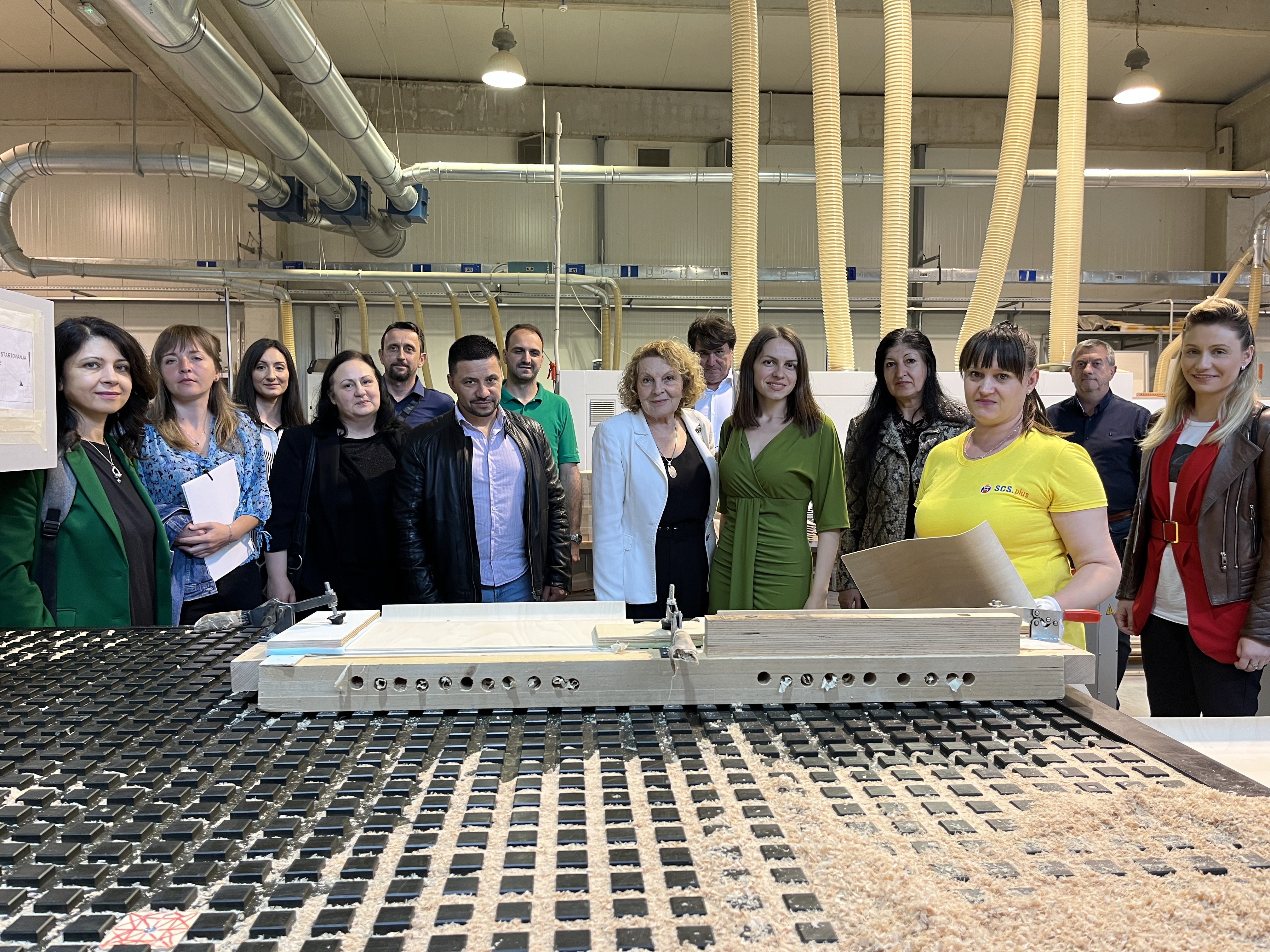Knjaževac, 16 June 2023 - Today, representatives of the United Nations Development Program (UNDP) visited the "S.C.S. Plus" factory, which has constructed its solar power plant with the assistance of European Union funds through the "EU for Green Agenda in Serbia" initiative.
The "S.C.S. Plus" factory was established in 1997 on the site of the former Podvis mine, located in the village of the same name near Knjaževac. Presently, the factory exports 95% of its production to countries within the European Union. In the long term, the installation of a 480-kW solar power plant was a necessary step for the factory's survival. This is due to the new regulations implemented by the EU, which require a certain share of green energy in the production process of all products imported into the EU from the Western Balkan countries and Turkey. This regulation is known as the Carbon Border Adjustment Mechanism (CBAM).

"The new solar power plant will provide us with 55% of green energy in our production process. We anticipate an annual electricity production of approximately 530,000 kWh, which is expected to result in a reduction of 580 tons of CO2 emissions per year. Our product is already environmentally friendly, as we hold an international FSC certificate. This certification ensures that we source our materials from forests where a new tree is planted for every tree that is harvested. With the addition of electricity from the solar power plant, our production process will be further 'greened,' enabling us to continue exporting even when the new EU regulations come into effect in 2026," explains Lidija Nikolić, the company director.
In addition to constructing a solar power plant for the production of seats and chair backs made of beech veneer, the introduction of software to optimize energy consumption and the implementation of special batteries to store surplus energy for powering electric forklifts have also taken place. The factory employs 180 individuals, predominantly women, from Podvis and nearby villages. Considering that this municipality is less developed, the factory's presence holds significant importance for the local economy.

Jelena Ranđelović, who has been preparing veneers for further production in the factory for 20 years, says: "This job means a lot to me, primarily due to the financial security I have enjoyed for two decades. My husband, brother, and even my mother have worked here. We consider the factory as a second home."
Dino Jovanović, the warehouse manager, emphasizes the factory's commitment to its employees, stating: "While we all desire well-paying jobs to secure a good life, I believe it's not the only aspect that matters. It is essential to feel respected and understood in the workplace, where hard work, honesty, and loyalty are appreciated."

Ljiljana Veljković, the project officer of the UNDP's "EU for Green Agenda in Serbia" project, specializing in decarbonization, considers the construction of a solar power plant for the "S.C.S. Plus" factory as an outstanding example of a just transition. She emphasizes that transitioning to renewable energy sources not only ensures job preservation in a former mining area but also highlights the factory's application of innovative technologies that comply with domestic and EU environmental standards and regulations. Moreover, the factory employs local residents, contributing to the sustainability of surrounding villages. The factory's director, who established the company, serves as an inspiring example of a successful entrepreneur.
The implementation of the solar power plant is expected to lead to a reduction of over 60% in carbon dioxide emissions, along with an estimated 50% reduction in the factory's monthly electricity bills. The factory's initiative to utilize solar energy in furniture production was selected for support through the Challenge call within the "EU for Green Agenda in Serbia" project. This selection recognized it as one of the finest business solutions for expediting Serbia's green transition across its economy and society. In addition to mitigating carbon dioxide emissions and safeguarding the environment and public health, the solar power plant will establish a foundation for sustainable business at "S.C.S. Plus," thus positively impacting local economic development.

Currently, a new Challenge Call for Proposals for innovative solutions for the greentransition of the Serbian economy is in progress, inviting innovative solutions for the green transition of the Serbian economy in alignment with the Green Agenda for the Western Balkans. The call encompasses all five key areas of focus, which include decarbonization (reducing dependence on fossil fuels and transitioning to renewable energy sources), circular economy (preserving and enhancing the efficient utilization of natural resources), reduction of environmental and air pollution, protection and conservation of nature and biodiversity, and the development of sustainable food supply systems in rural areas. The call will remain open until the end of 2026.
For more detailed information about the Challenge call and how to participate, please visit the following website: https://zelena-agenda.euzatebe.rs/en/open-calls.
The project "EU for Green Agenda in Serbia", with the technical and financial support of the European Union and in partnership with the Ministry of Environmental Protection, is implemented by UNDP in cooperation with the Embassy of Sweden and the European Investment Bank (EIB), with additional funding from the Governments of Sweden, Switzerland and Serbia.